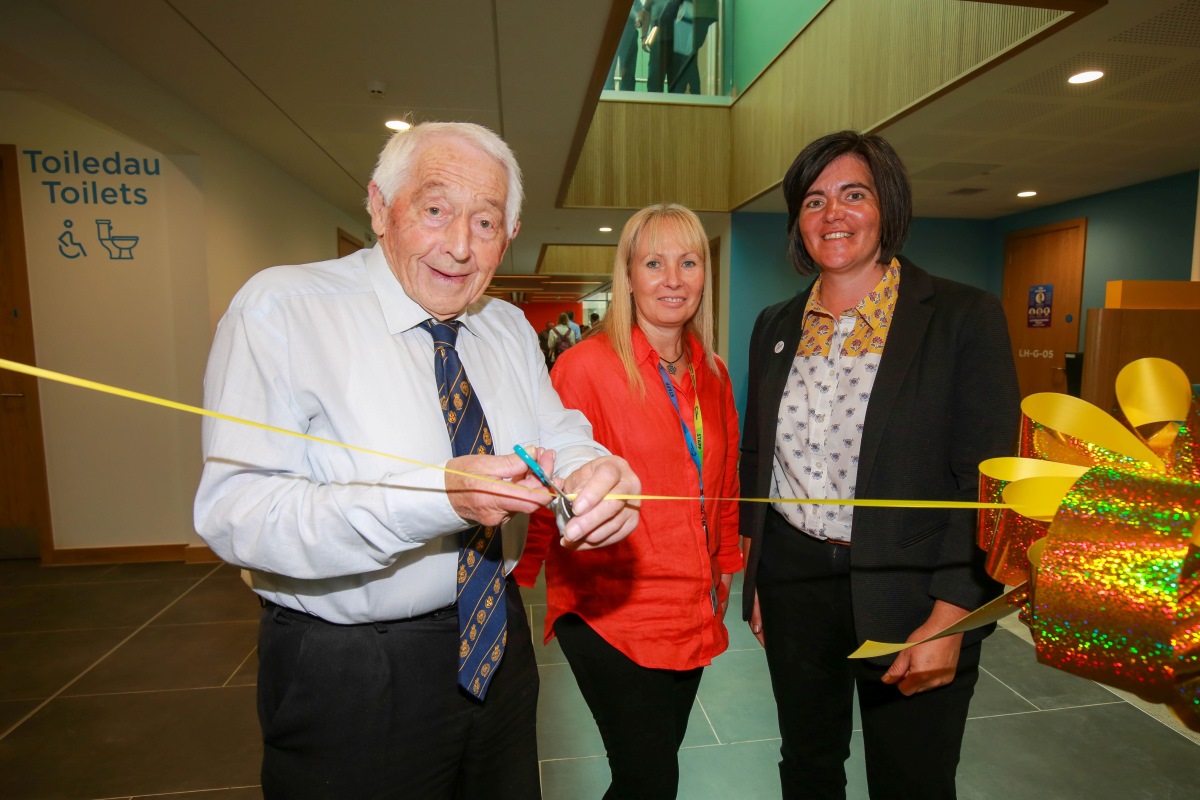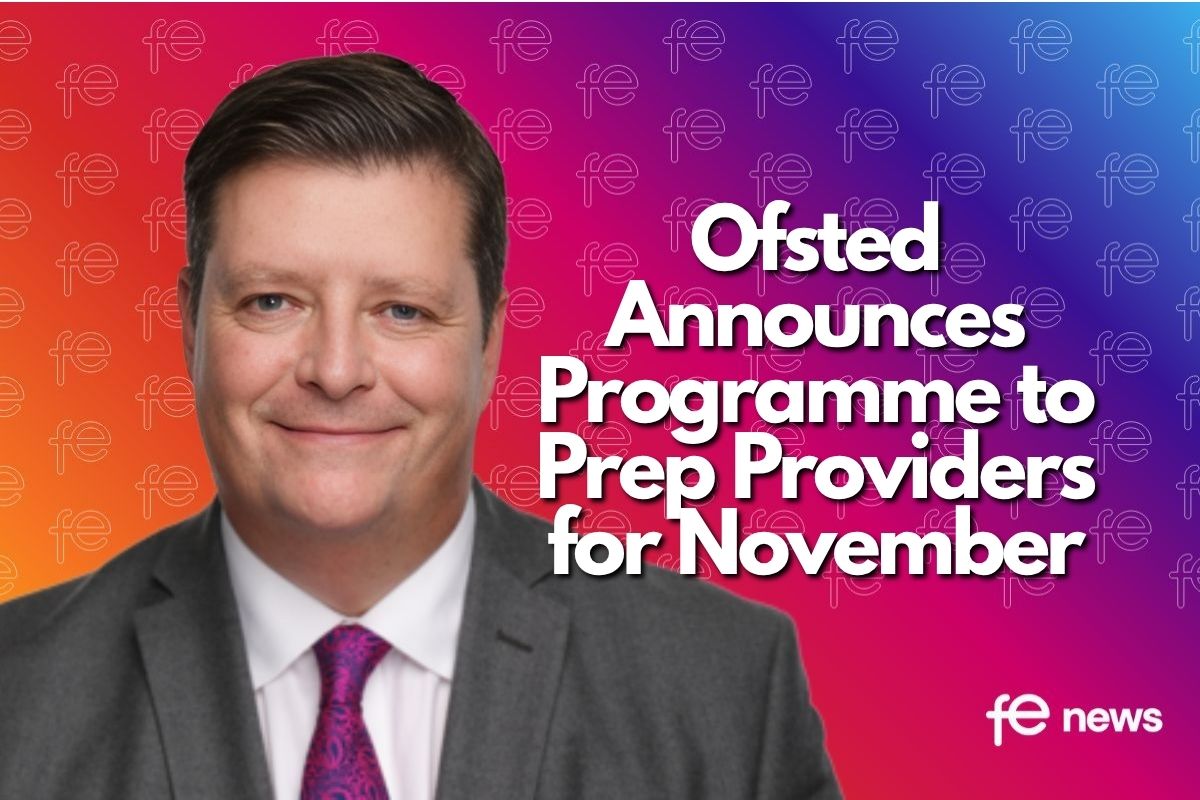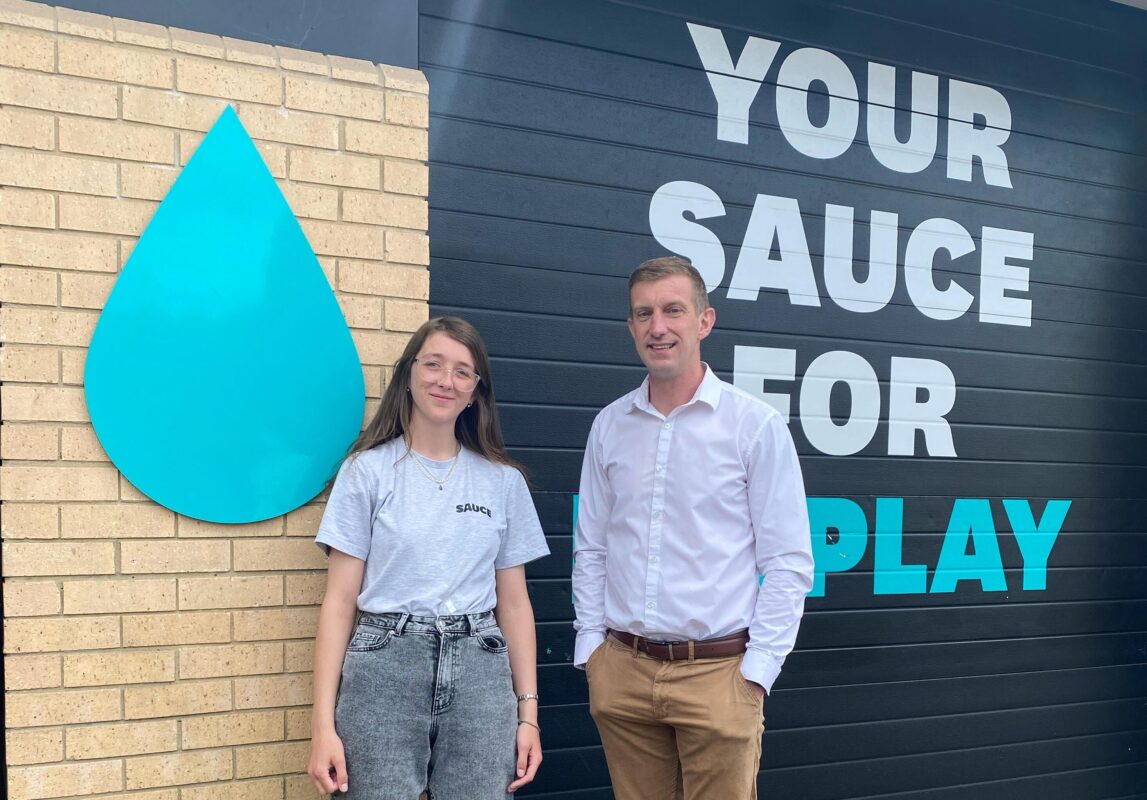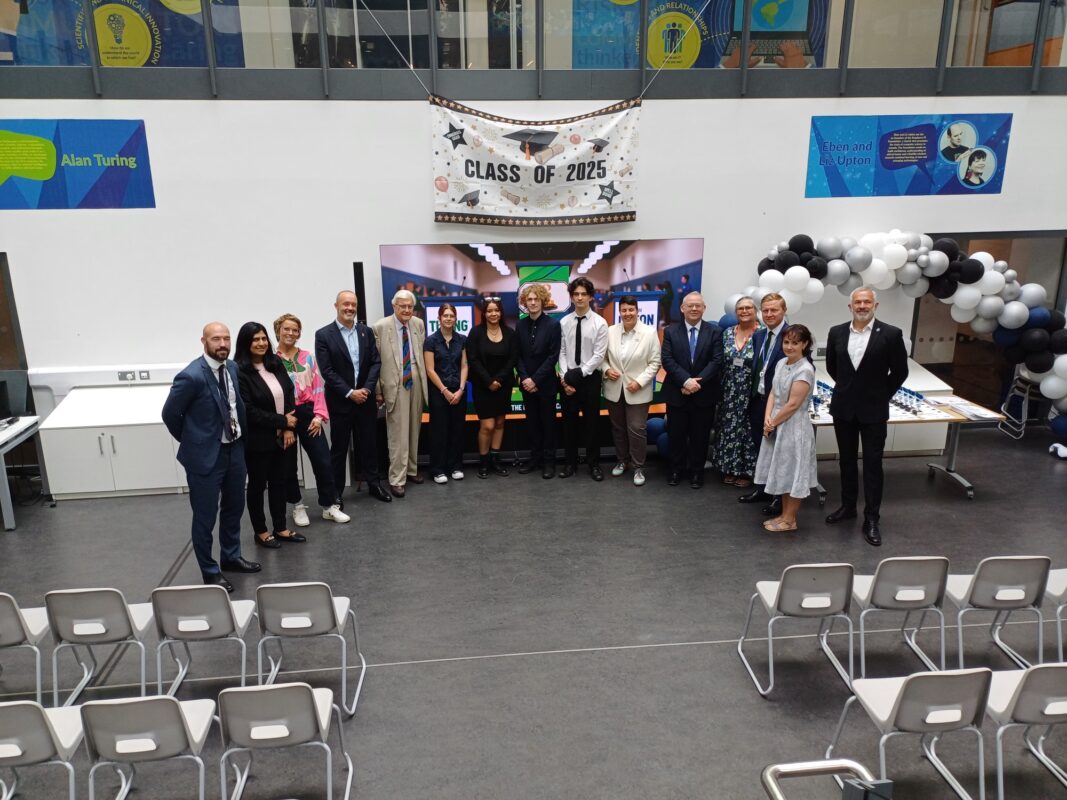Using social media to enhance learner engagement

Providing access to HE programmes within the FE sector has a successful history. In particular the provision is recognised for its ability to reach a higher percentage of registrations from ‘Low Participation Neighbourhoods’.
Also the National Student Survey regularly sees learners placing FE colleges high in the satisfaction tables. However, according to HEFCE figures, both learner retention and employment outcomes in the FE sector are lower than those achieved in the university sector.
In order to address this New College Durham identified a need to improve learners’ engagement with their programmes. Perhaps better communication flow within learning groups would help individuals to survive some personal issues and would also helpfully disseminate employment intelligence. The vast majority of learners were habitual users of contemporary social media including Facebook and Twitter. Could these platforms be harnessed for programme engagement purposes ?
The New College representative set out to explore this possibility and was given backing to go ahead immediately. It is acknowledged that this step may take some careful negotiation to overcome worries about safeguarding and privacy. In this case senior management support was provided.
A closed Facebook group was formed for all students and associated staff with no access provided for outsiders (but see later developments) and no cross-over to personal Facebook usage. No student objected to the concept or refused to cooperate. Because of a parallel initiative to develop alumni contacts an early decision to extend group membership to ex-students was taken. Within a very short time, over two hundred previous students had joined the group and were posting messages about what they had done since progressing from college, where they were working and how their studies at the college had helped them progress.
These posts were then displayed to the current student cohort. This proved very motivational. It was November; students were starting their day in the dark and going home in the dark. It was cold and their studies were challenging with assignment submission dates looming. However because they were able to directly communicate with previous students, they could see the relevance of their studies through real live evidence of how this same qualification had helped others gain employment and establish good careers.
The next stage was to invite employers into group communication. For these a LinkedIn group was considered more appropriate. This was set up and very soon over two hundred employer connections were made. Some offered to come into the college as guest speakers. The first of these, who managed a leading games software development company, told the students of his background. How he grew up in Consett, ‘Mum a dinner lady, Dad a painter and decorator’; they knew he was one of them. When he confided that he used something he learned at college as a teenager and built it into the architecture of the most popular games console, they knew their aspirations were achievable.
The results of this exercise were very encouraging. Initial indications are that student retention has improved and their awareness of and identification with the industry towards which they are being directed was transformed. The staff who operate this programme have energetically used the connections formed with alumni and with employers to benefit their students. Visits and presentations by employers have been very motivational and work placements have been generated.
Conclusion
Overall this project has proved very beneficial. Outcomes are as follows:
- Most colleges will have privacy, abuse and safeguarding issues that need to be resolved and this may need the backing of senior staff
- The key factor in success is linking current learners not just to each other – but to the business which they aspire to join
- Ex-students are surprisingly keen to help inform and motivate current students
- Employers are very happy to contribute (most probably using the more professional and less personal social media) and will offer advice and support to staff and students over curriculum issues
- Current students are clearly motivated by their interactions with ex-students and employers and the staff active in this project are certain that the enhanced experiences obtained have improved students’ engagement
This project has been about improving retention and achievement by enhancing students’ engagement with their programme. The New College representative has no doubt that those pursuing a vocational HE programme become significantly more engaged with their programme where social media are safely deployed within that programme and connections with business and ex-students are formed.
Veronica Spowart is curriculum manager for IT at New College Durham











Responses